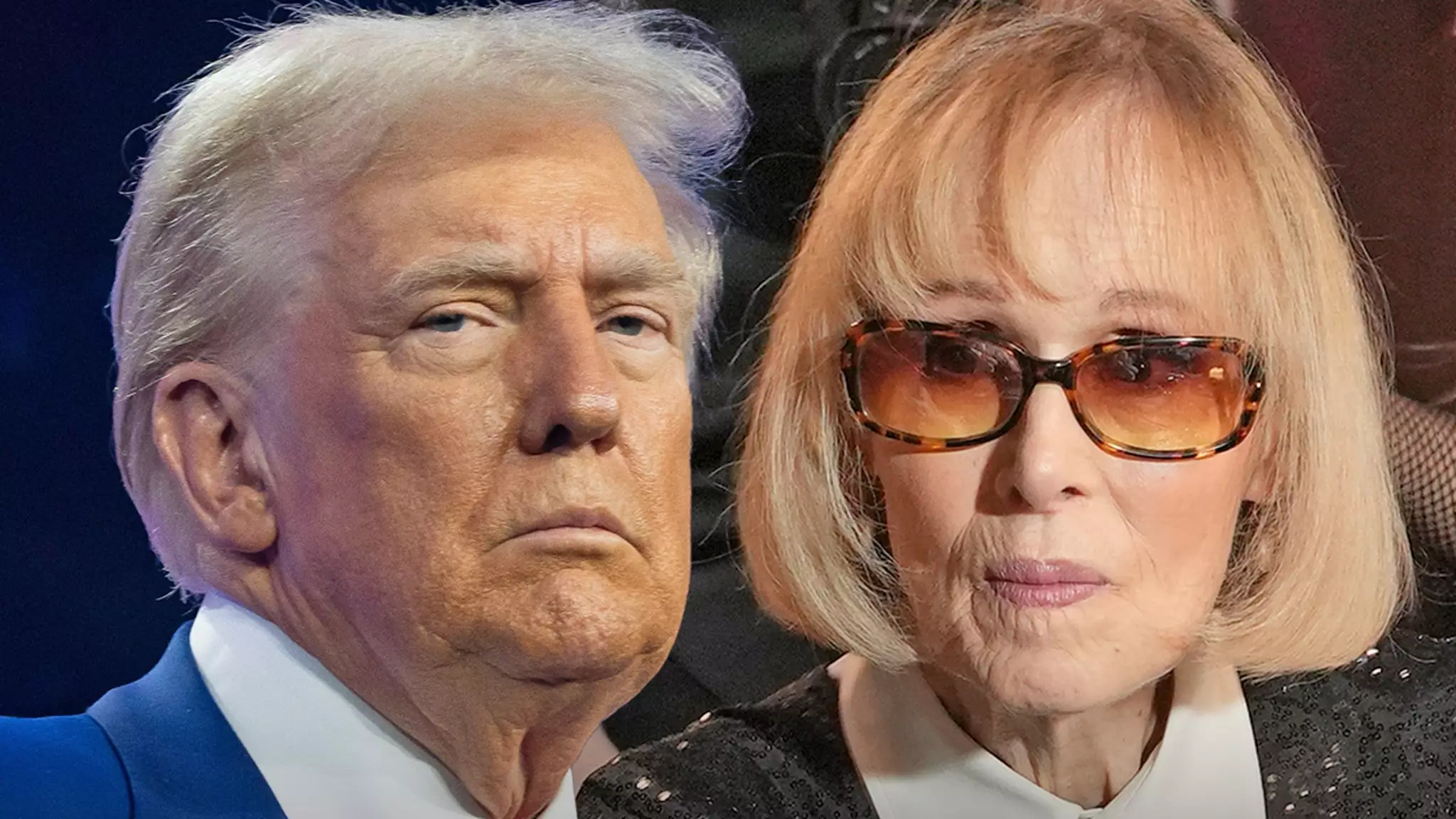In a significant legal development, Donald Trump’s appeal against a $5 million judgment awarded to E. Jean Carroll has been firmly rejected by the United States Court of Appeals for the Second Circuit. This ruling not only reinforces the jury’s earlier decision, which found Trump liable for sexual abuse, but it also sends a powerful message regarding accountability for allegations of misconduct, particularly in high-profile cases. The appellate court verified that the original presiding judge acted within reasonable boundaries when evaluating the evidence presented during the trial—a critical point that solidifies the strength of Carroll’s claims.
The resolution of this case extends beyond the personal consequences for Trump; it signifies an essential moment in the broader conversation surrounding sexual violence and defamation. The fact that the jury determined Trump liable for both sexual abuse and defamation yet did not find him guilty of rape illustrates the complexities inherent in legal accountability—the nuances of each charge can often lead to mixed verdicts that confuse public perception. Furthermore, Trump’s persistent denial of the allegations, which he characterizes as a “hoax,” reveals his strategy of defiance in the face of serious accusations—a tactic that could resonate with certain segments of his base, potentially influencing public opinion.
This most recent ruling comes on the heels of a separate judgment requiring Trump to pay Carroll an additional $83.3 million for defamation, an amount he is also contesting. Trump’s legal team, led by spokesperson Steven Cheung, has vowed to pursue further appeals, framing the litigation as part of a political “witch hunt” against the former president. Such rhetoric is aimed at fostering a narrative of victimhood, suggesting that Trump is being unfairly persecuted in a politically charged environment—an argument that could galvanize his supporters while deepening the divides in public discourse about justice and accountability in instances of sexual misconduct.
E. Jean Carroll’s lawyer, Roberta Kaplan, expressed satisfaction with the appellate decision, reflecting a sense of vindication for Carroll in her pursuit of justice. This response highlights the emotional and psychological toll such legal battles impose on victims of sexual abuse, encapsulating a broader narrative of resilience that many survivors embody. The resolution of this case, therefore, not only affects Trump but also serves as a potent reminder of the importance of addressing allegations of abuse seriously and thoughtfully within the judicial system.
As Trump continues to challenge these legal outcomes, the implications of this ruling extend far beyond the courtroom. It signifies a growing recognition of the need for accountability in cases of sexual misconduct, with Carroll’s case exemplifying the complexities and challenges faced by survivors. The legal battles involving public figures like Trump will likely remain in the spotlight, influencing not only the political landscape but also the national conversation surrounding women’s rights and the judicial treatment of sexual abuse claims. How this plays out in the political arena could shape the discourse for years to come, emphasizing the intersection of legal responsibility and public opinion in a polarized society.

